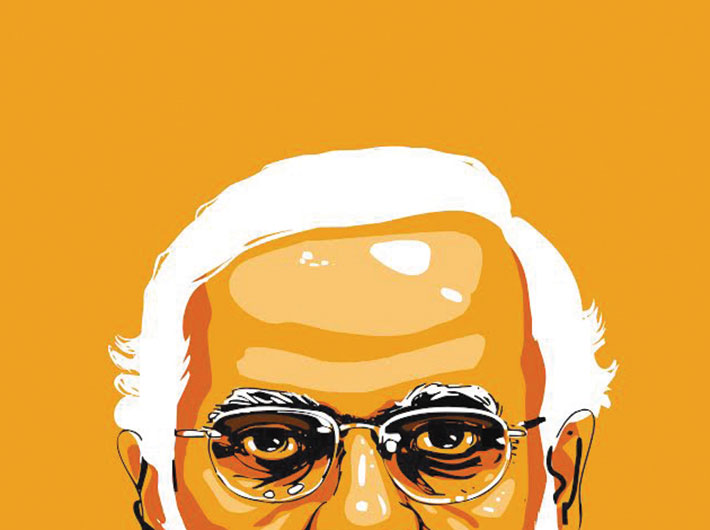There is a general impression that Article 370 of the constitution is the tenuous thread thanks to which Jammu and Kashmir is held together with rest of the Indian union. If the thread is broken, the state will secede.
Perhaps nothing is further from the truth than this assessment of the history and rationale of Article 370 whose existence is more symbolic than substantial. By raking up its relevance while addressing a rally in Jammu and Kashmir last week, BJP’s prime ministerial candidate Narendra Modi once again proved to be adept at exploiting symbols to his advantage. He set the debate in his own terms.
Obviously, those extolling virtues of Article 370 tend to forget that the special status of Jammu and Kashmir is only a matter of pretext. The state is as much part of New Delhi’s colonial empire as any other state in India. On the other hand, its so-called special status has rendered it more vulnerable to sinister designs of political masters in New Delhi.
Historically, Article 370 emanated from an accord between Jammu and Kashmir’s king Hari Singh and the Indian government. The manner in which the accord was pushed through and arrived at by India’s first home minister Sardar Patel and subsequently endorsed by prime minister Pandit Nehru had evoked suspicion even in the international community. But deceit and intrigues were integral to the statecraft and the making of the nation.
Though on the face of it Article 370, which facilitated the accession of Jammu and Kashmir, emphasized the special status of the new dominion, political masters in Delhi were always sceptical about the commitment. That was why Sheikh Abdullah, the undisputed leader of Jammu and Kashmir then, served long jail terms during the regimes of Nehru and Indira Gandhi. There is an unending series of stories as to how the union government colluded with subversive elements to topple elected governments in the state and sacked them on one pretext or the other.
Those who know the state can vouch for it that the general officer commanding (GOC) of the northern command in the state is far more influential than the elected chief minister of the state. How else would one explain the enforcement of the Armed Forces (Special Powers) Act (AFSPA) in the state though the law was designed to tackle insurgency in the northeastern states? Obviously, Article 370 is merely a fig leaf through which political masters have right since 1947 tried to cover their hideous acts of corruption, communalism and criminalisation of the state’s polity. The victim of this cynical politics is the hapless citizen.
In Modi’s case, he appears quite clear right from the inception. Being trained in the RSS school of thought, it would be naïve to expect him to talk about respecting the diversity and upholding the secular values of the politics. He is using this issue only to polarise the voters – not only in the state but across the country – by driving home the point that a state largely inhabited by Muslims has been hugely favoured by those practising a perverse kind of secularism. This is clearly a travesty of truth. The fact is that those claiming to espouse secularism by expressing their unflinching faith in Article 370 are the ones responsible for the mess in which the state finds itself today. Modi is only removing the fig leaf from his rivals and making his own intentions clear.

